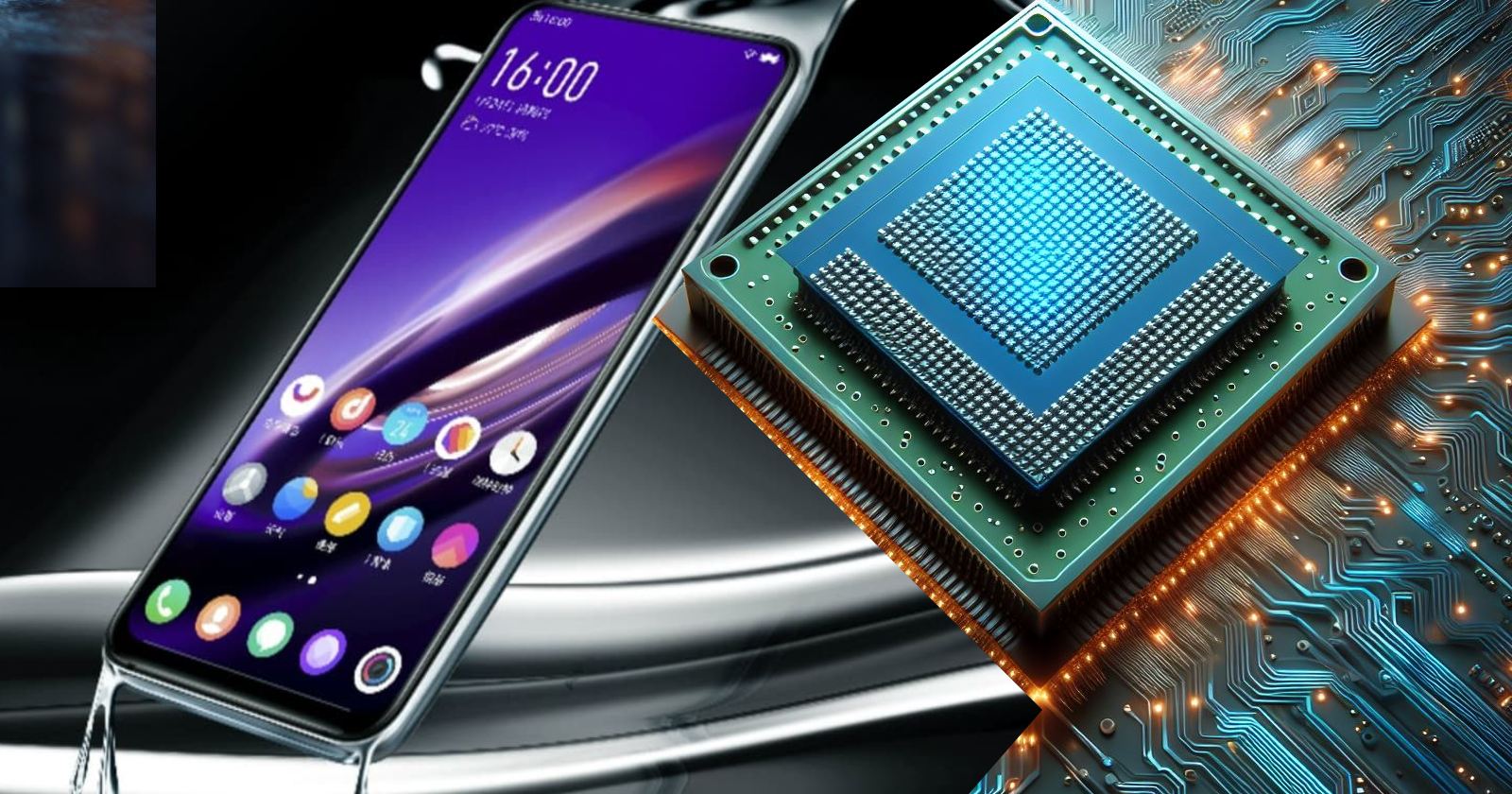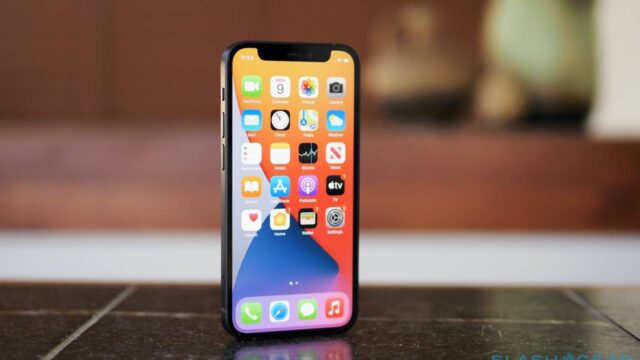Samsung has decided which processor it will continue with in flagship models. The company already includes its own processors and Qualcomm Snapdragon 8 series. Last year, the Galaxy S23 series featured the Snapdragon 8 Gen 2 processor. This year, the Galaxy S24 came with Snapdragon 8 Gen 3, while the S24 Plus and Ultra models included the Exynos processor in some countries. But which company did Samsung sign an agreement with for the Galaxy S25 processor?
Which processor will Samsung Galaxy S25 come with?
Qualcomm and Samsung have had a smooth relationship for years. Unlike other smartphone brands, Samsung did not include MediaTek, or Nvidia Tegra processors, which were once strong in the market, in its S series flagship phones. In this sense, this long-term partnership between Qualcomm and Samsung will continue. However, it has not yet been revealed how long the new agreement is.
However, Samsung will not hold back from developing its own Exynos processors. In this sense, Qualcomm and Samsung will continue to use Qualcomm in models such as the flagship S and Z series. In short, although it is not yet clear, the Snapdragon 8 Gen 4 processor will appear as the Galaxy S25 processor.

As you know, MediaTek has recently gained a significant momentum in the mobile processor market with the Dimensity 9 series. Especially Dimensity 9300 has managed to outperform many of its competitors in terms of performance. Despite this, the number of flagships still using Dimensity 9300 is quite small.
Samsung, on the other hand, generally prefers MediaTek processors in its mid- and entry-level phones. Until this agreement was renewed, the claims were that Samsung was also likely to deal with MediaTek for the Galaxy S25 processor. However, Qualcomm’s long-standing relationship with Android manufacturers seems to have put paid to this possibility.
Among the important details is the leak that Qualcomm will use only performance cores in the Snapdragon 8 Gen 4 processor, just like the MediaTek Dimensity 9300. Thus, both Qualcomm and MediaTek will adopt Apple’s long-standing strategy of not using low-power cores. This strategy is expected to increase the single core performance of mobile processors.














